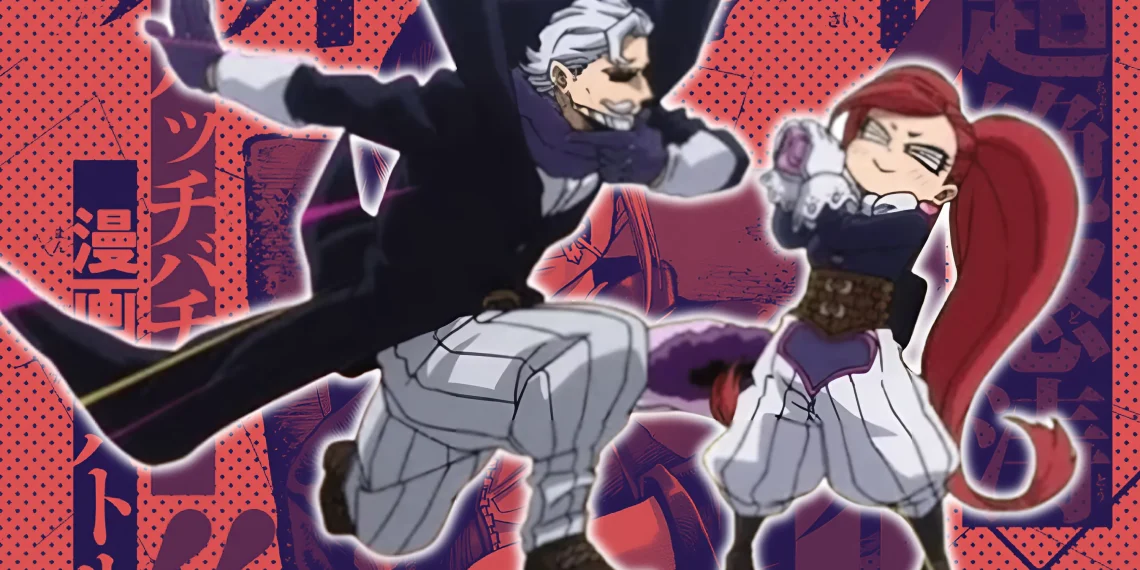One of the most attracting the aspects of My Hero Academia is its ability to go through deep emotional themes through its characters, particularly through their transformations and personal growth.
The journey of Gentle Criminal and La Brava is a testament to Kohei Horikoshi’s talent as a storyteller, showcasing the power of redemption, societal influence, and the nuanced nature of heroism.
Their character arcs, though initially seen as minor, serve as a poignant illustration of how even those who have walked a darker path can find the light.
Gentle and La Brava’s narrative, full of heartbreak and second chances, captures the essence of the series’ recurring themes, delivering an important message about the influence of love, loyalty, and the desire for acceptance.
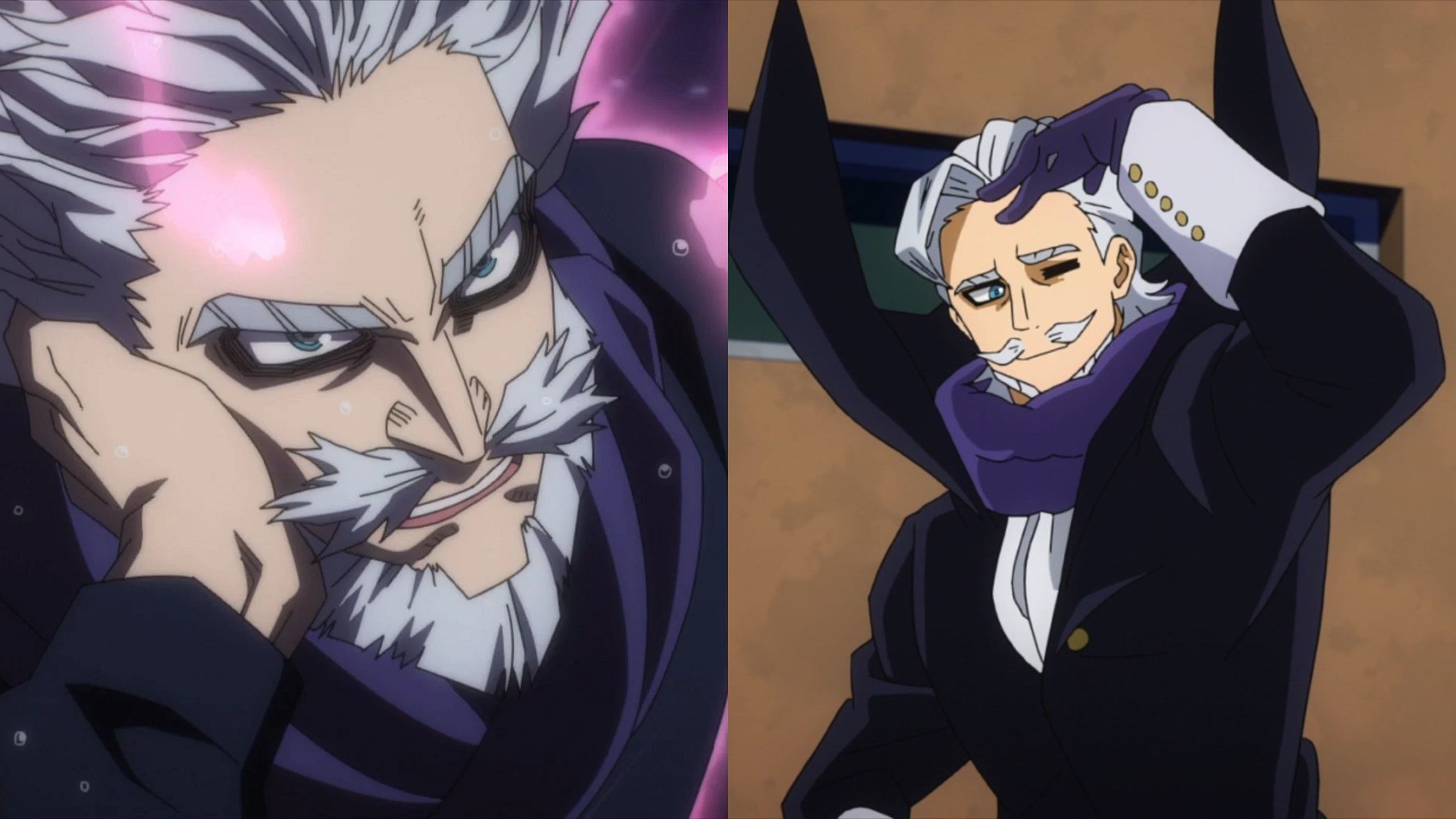
This exploration is essential in My Hero Academia, where the line between heroism and villainy is not always clear-cut.
Horikoshi excels at presenting complex characters who are often shaped by the circumstances of their upbringing or the harsh realities of societal rejection.
The overarching theme in Gentle and La Brava’s journey that even those labeled as villains have the potential for change and redemption adds a layer of depth to the series, emphasizing that the choices we make, and the people we meet, can have a profound impact on our paths in life.
Gentle and La Brava’s Evolution from Villains to Heroes
When Gentle Criminal, whose real name is Danjuro Tobita, and his partner La Brava, or Manami Aiba, are first introduced in My Hero Academia, they are initially seen as minor antagonists.
However, their story goes far beyond their criminal activities. They are not driven by malice or a desire for destruction; instead, they are motivated by something far more human loneliness, rejection, and the yearning for recognition.
They don’t seek to cause harm for the sake of chaos, but rather out of a deep-seated need to be acknowledged by a world that has consistently turned its back on them.
Danjuro’s backstory is a tragic one. He once aspired to be a hero, much like many others in the series. He had dreams of saving people and making a positive impact on society.
was absolutely not expecting a gentle criminal and la brava comeback but what a beautiful way to bring them back and have them redeem themselves pic.twitter.com/SsuG2Bp2Xz
— nelsy (@nobarevy) September 7, 2024
However, after several failed attempts at heroism, which ended disastrously, his aspirations were crushed. One of his rescue attempts even resulted in an innocent person being hurt, further isolating him from society.
As a result, Danjuro was expelled from hero school, and with that, his dreams were shattered.
His expulsion didn’t just mark the end of his formal training; it marked the beginning of his descent into isolation and obscurity.
Without any support system or second chance, he was pushed to the fringes of society, forgotten and ignored by the very people he once wanted to protect.
This social rejection, combined with his failures, led Danjuro to abandon his dreams of being a hero. He didn’t turn to a life of crime because he wanted to hurt others.
Instead, it was a means of gaining the attention and recognition he so desperately craved.
For him, villainy was not a malicious pursuit but rather an act of rebellion against a society that had cast him aside. It was a way of saying, “Look at me, I exist, I matter.”
La Brava’s story is no less tragic. As a child, Manami Aiba was labeled as an outsider. She struggled with feelings of unreciprocated love and was ostracized by those around her for her hacking abilities.
Her life was marked by loneliness, and like Gentle, she sought connection and a sense of purpose. When she met Danjuro, she found someone who, like her, had been cast aside by society.
In him, she found a kindred spirit, and their bond became unbreakable. La Brava’s unwavering loyalty to Gentle stemmed not from a shared desire for chaos, but from the love and sense of belonging he gave her.
He provided her with a purpose when she had none, and in return, she became his most ardent supporter.
Together, Gentle and La Brava formed an unusual yet deeply sympathetic pair of villains.
They were not power-hungry or driven by greed; they were simply two broken individuals trying to carve out a place for themselves in a world that had discarded them.
Their crimes, often flamboyant and attention-seeking, were more about making a statement than causing real harm. In many ways, they were misunderstood rather than truly evil.
The Turning Point: Gentle’s Confrontation with Deku
One of the most pivotal moments in Gentle and La Brava’s story comes during Gentle’s confrontation with Deku, the protagonist of My Hero Academia.

This battle is not just a physical confrontation; it is a clash of ideologies. Deku, who has always believed in the inherent goodness of people and the potential for redemption, forces Gentle to confront the flaws in his philosophy.
For so long, Gentle had convinced himself that his actions, though criminal, were justified by the pain and rejection he had experienced.
But in facing Deku, he is forced to acknowledge the impact of his actions—not just on himself, but on La Brava and the people around him.
This moment of self-reflection is critical for Gentle’s character. It is in this battle that he begins to understand that seeking attention through villainy is not the way to fill the void left by his failures as a hero.
Deku, through his unwavering determination and belief in second chances, acts as a mirror for Gentle, showing him what he could have been and, more importantly, what he still has the potential to become.
The fight with Deku is more than just a battle of strength; it is a test of Gentle’s resolve. As the fight progresses, it becomes clear that Gentle’s motivations are not rooted in hatred.
Instead, they stem from a deep sense of insecurity and a desire to be seen. He doesn’t want to hurt anyone; he just wants to be acknowledged.
Deku, recognizing this, offers him something far more valuable than victory—he offers him the chance at redemption.
This confrontation marks the beginning of Gentle’s transformation. Rather than continuing down a darker path, he chooses to surrender.
He realizes that his actions have consequences, not just for himself, but for La Brava, who has devoted her life to supporting him.
Gentle’s decision to stop fighting and protect La Brava is a powerful moment of growth.
It shows that, despite his mistakes, he is capable of change. He chooses to face the consequences of his actions rather than continuing to run from them.
Power of Redemption: Gentle and La Brava’s Role in the Final War
Gentle and La Brava’s journey doesn’t end with their confrontation with Deku. In the Final War arc, they return, not as villains, but as allies to the heroes.
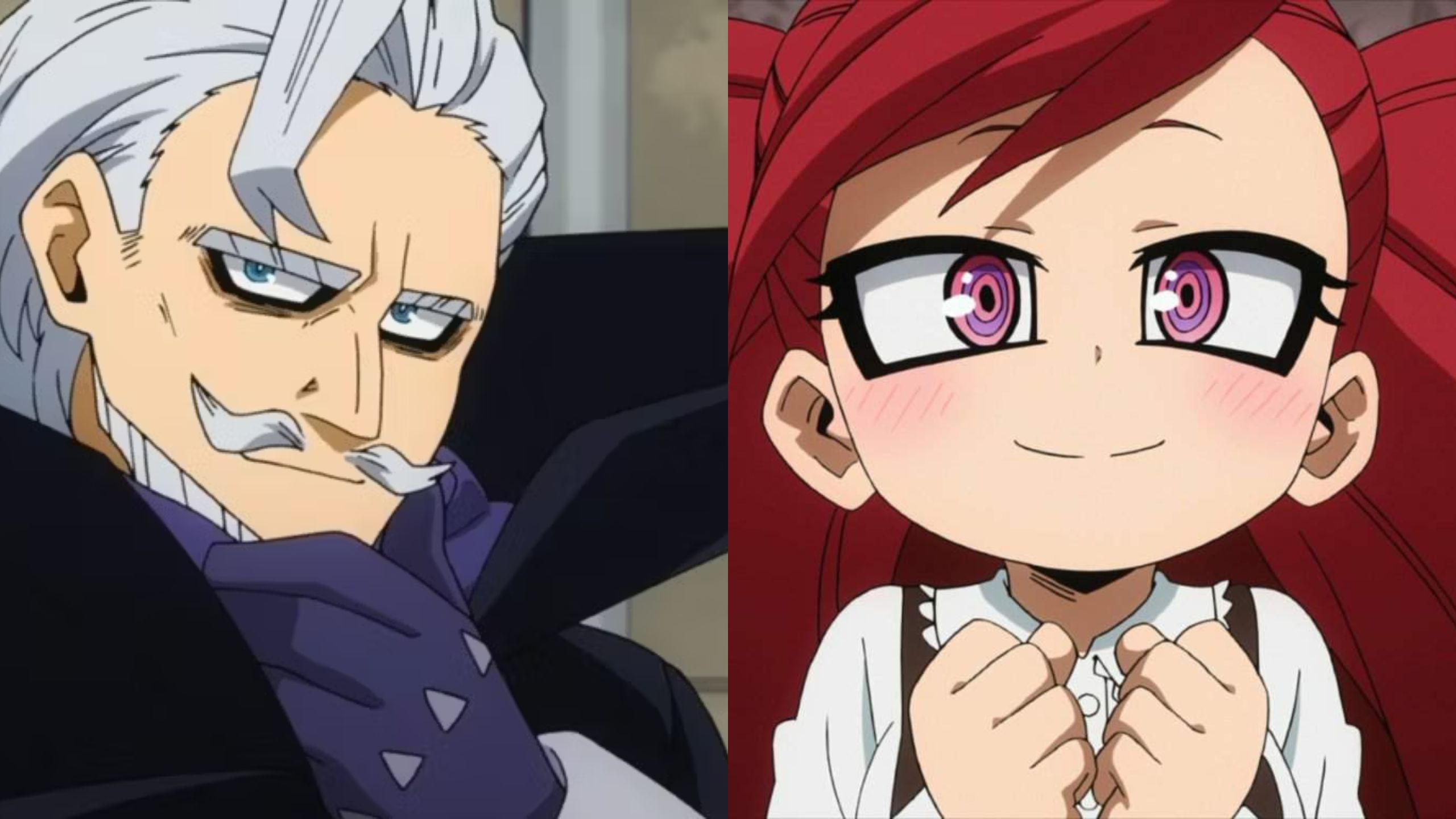
This return is a testament to the power of redemption and the belief that people can change. Gentle, who once sought attention through crime, now uses his abilities to protect others.
La Brava, who once used her hacking skills for criminal activities, now uses her talents to aid the heroes in their fight against the villains.
Their willingness to risk their lives for the greater good is a powerful demonstration of how far they have come.
Gentle, in particular, shows immense growth by choosing to stand alongside the heroes, despite the fact that society had once cast him aside.
His actions during the Final War prove that he is no longer seeking attention for selfish reasons; instead, he is fighting to protect those who cannot protect themselves.
This shift in motivation is what makes his redemption so compelling.
La Brava’s role in the Final War is equally important. Her hacking skills, which were once used to support Gentle’s criminal activities, are now a vital asset to the heroes.
Her loyalty to Gentle remains unwavering, but her motivations have evolved. She no longer supports him out of a blind sense of devotion; instead, she believes in the greater good that they are fighting for.
Together, Gentle and La Brava prove that even those who have walked a darker path can find their way back to the light.
A Reflection on Love, Loyalty, and Second Chances
At the heart of Gentle and La Brava’s story is the theme of love and loyalty. Their bond, though unconventional, is one of the most genuine relationships in My Hero Academia.
La Brava’s love for Gentle is what drives her to follow him, even when his actions are misguided.
Gentle, in turn, values La Brava’s loyalty and cares deeply for her well-being. It is this love that ultimately leads them to redemption.
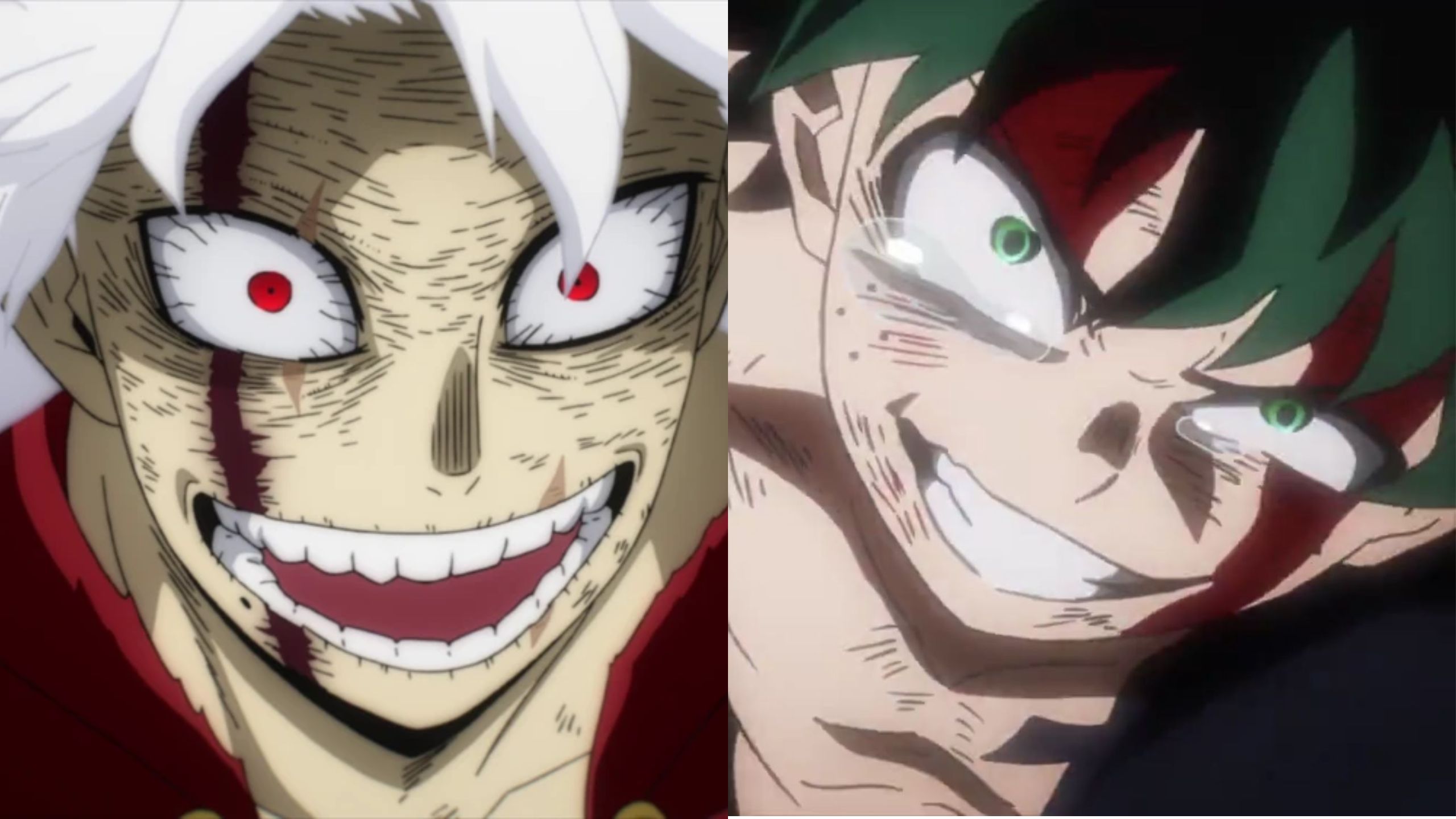
Their story serves as a reminder that everyone deserves a second chance. Society may have cast them aside, but through their connection to each other and their willingness to change, they are able to find a new path.
Horikoshi uses their relationship to look through the idea that love, in all its forms, has the power to heal and transform.
It is La Brava’s love that gives Gentle the strength to change, and it is Gentle’s care for La Brava that pushes him to protect her, even at the cost of his own freedom.
Shigaraki’s Tragic Descent into Villainy
While Gentle and La Brava’s story is one of redemption, Tomura Shigaraki’s narrative in My Hero Academia offers a stark contrast.
Shigaraki, born Tenko Shimura, is a tragic figure whose descent into villainy is marked by a series of traumatic events and manipulation by All For One, his adoptive father.
Shigaraki’s story highlights a different side of the series’ themes one that explores the devastating consequences of neglect, trauma, and societal failure.
Shigaraki’s childhood was filled with suffering. His quirk, which causes anything he touches to disintegrate, manifested uncontrollably, leading to the accidental death of his family. This tragic event, combined
with the neglect he experienced, pushed him further into despair. All For One, recognizing the potential in Shigaraki’s quirk, took him under his wing and molded him into the ultimate weapon against society.
Unlike Gentle and La Brava, who find redemption through their bond and understanding, Shigaraki’s path is one of destruction and manipulation.
His resentment towards society grows as he becomes more entrenched in All For One’s influence.
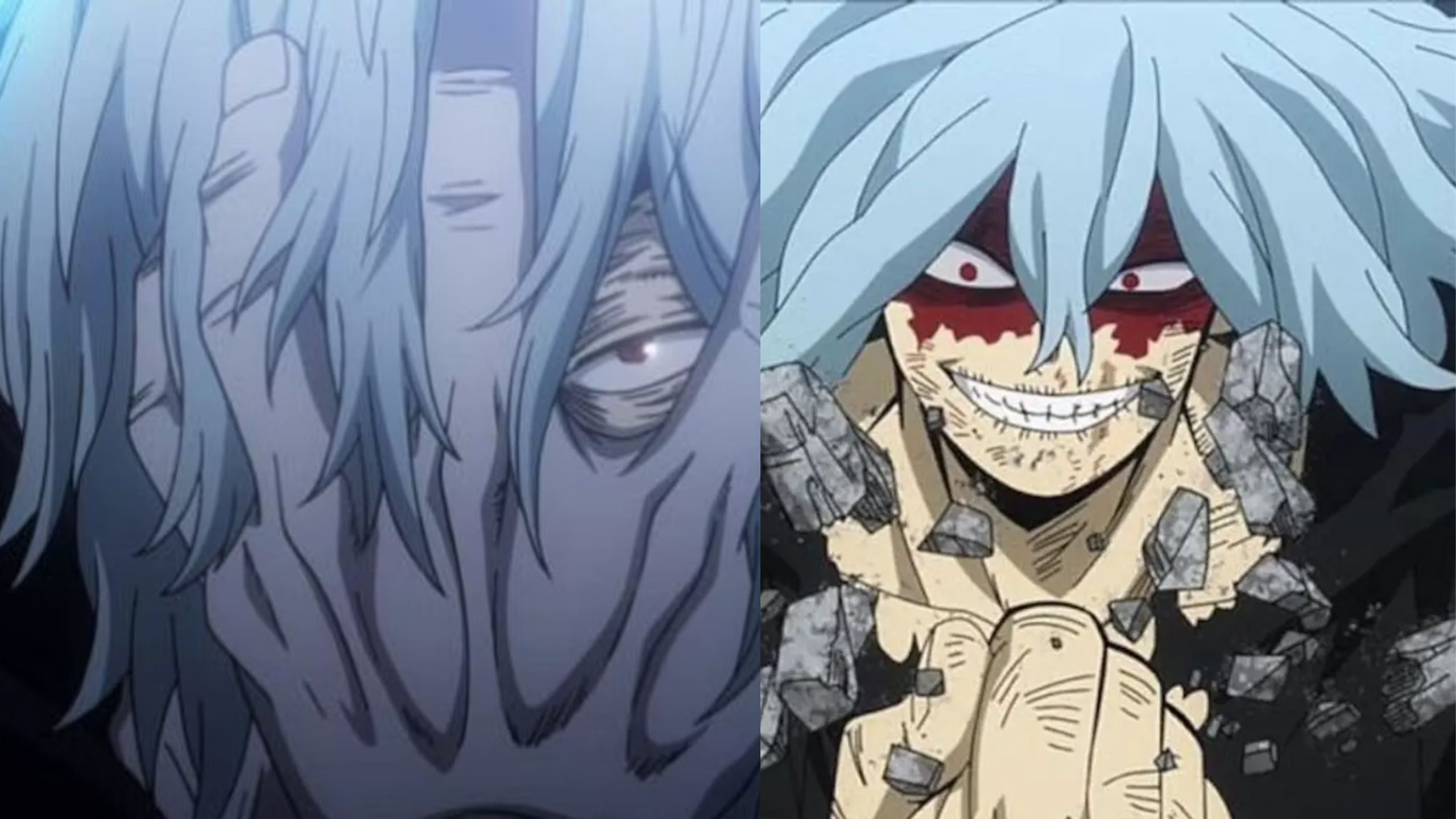
Shigaraki’s tragic fate serves as a sobering reminder of what can happen when society fails to protect its most vulnerable members.
Despite his villainous actions, Shigaraki’s story is not without moments of humanity. There are some scenes of the boy he once was, the child who longed for love and acceptance.
However, by the time he realizes the extent of All For One’s manipulation, it is too late for him to escape his fate.
Shigaraki’s eventual death in the series serves as a tragic ending to a life marked by suffering and loss. His change of heart, though genuine, comes too late to save him.
Society’s Role in Shaping Heroes and Villains
Horikoshi’s exploration of society’s role in shaping both heroes and villains is a recurring theme in My Hero Academia.
Gentle and La Brava’s story, alongside Shigaraki’s tragic descent, serves as a reflection on the power society holds in determining an individual’s path.
While Gentle and La Brava are able to find redemption through love and connection, Shigaraki’s fate is sealed by neglect and manipulation.
Congratulations to my hero academia for being the only anime to have Shigaraki in it pic.twitter.com/ds7uoBttCi
— daily shigaraki (@dailytenko) November 4, 2022
Through these narratives, Horikoshi emphasizes the importance of understanding and compassion.
The series suggests that heroism is not just about physical strength or the ability to defeat villains, but also about the capacity for empathy and the willingness to give others a second chance.
Gentle and La Brava’s redemption arc is a testament to this idea, while Shigaraki’s tragic fate serves as a cautionary tale about the consequences of neglecting those in need.
The Central Themes of Redemption and Change in My Hero Academia
At its core, My Hero Academia is a series that explores the complexities of heroism, villainy, and the capacity for change.
Gentle and La Brava’s transformation from misunderstood criminals to independent heroes reflects the series’ central theme that everyone, regardless of their past, has the potential for redemption.
Their story, filled with love, loyalty, and second chances, stands as a powerful reminder that society’s judgment is not always final.
In contrast, Shigaraki’s tragic descent into villainy serves as a stark reminder of the consequences of neglect and the darker side of heroism.
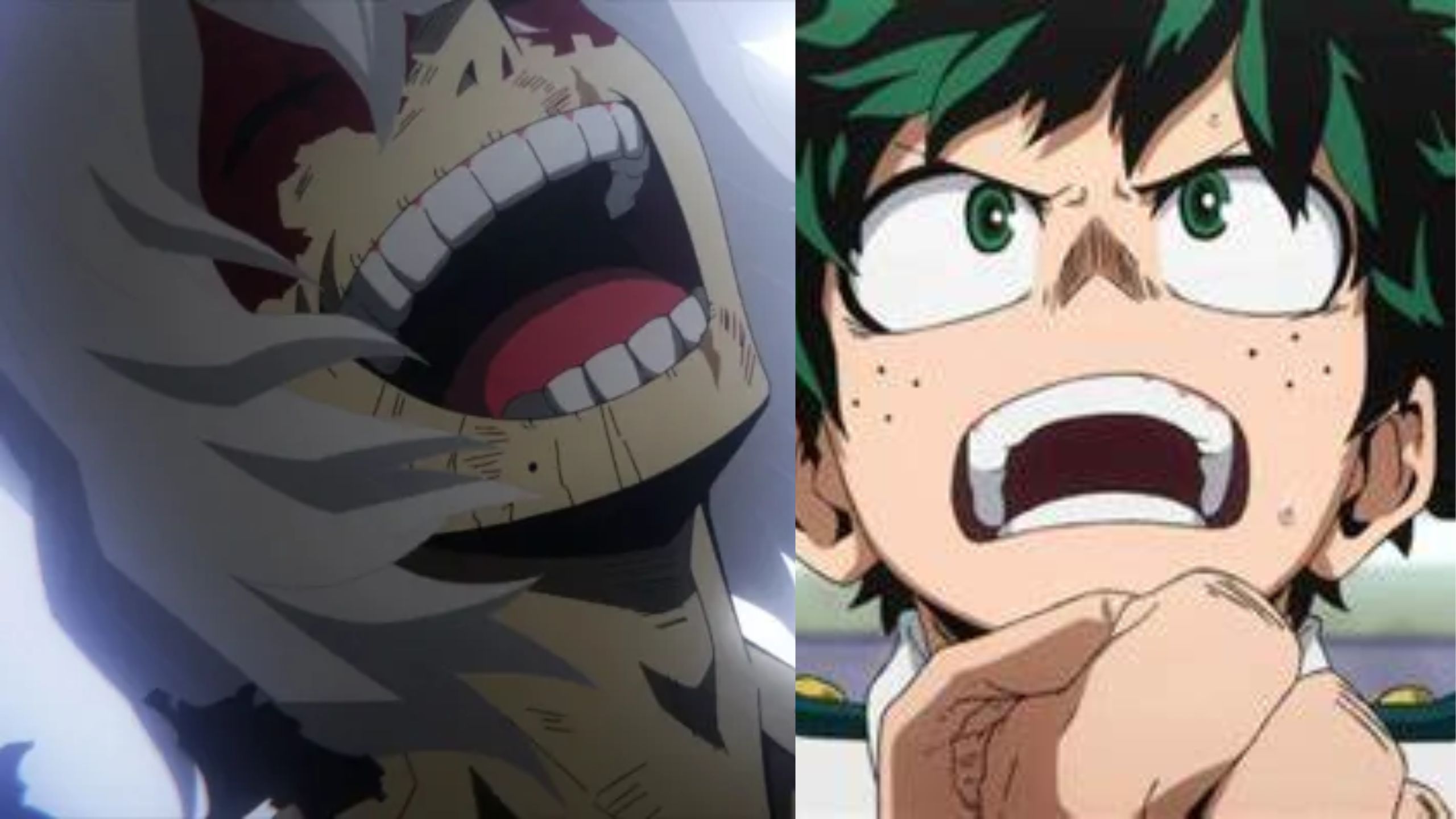
His story, though filled with moments of humanity, ultimately ends in tragedy, underscoring the need for empathy and understanding.
Together, these narratives offer a nuanced exploration of the themes that define My Hero Academia.
Horikoshi’s portrayal of Gentle, La Brava, and Shigaraki serves as a reflection on the power of love, loyalty, and the broad capacity for change.
Through their stories, the series reaffirms its message that heroism is not just about defeating villains but about understanding the struggles of others and offering them a chance at redemption.


